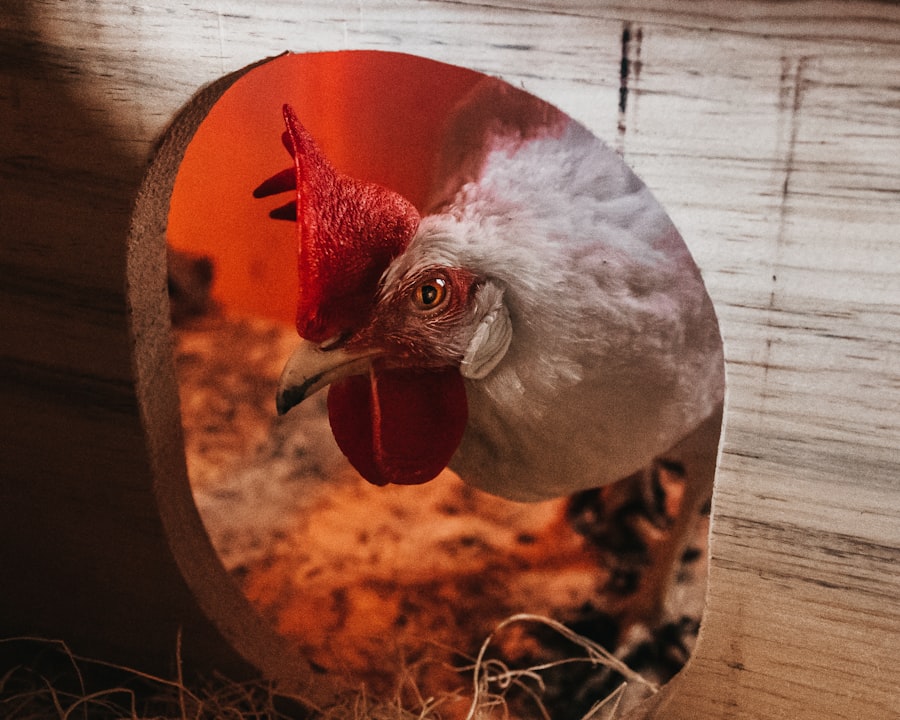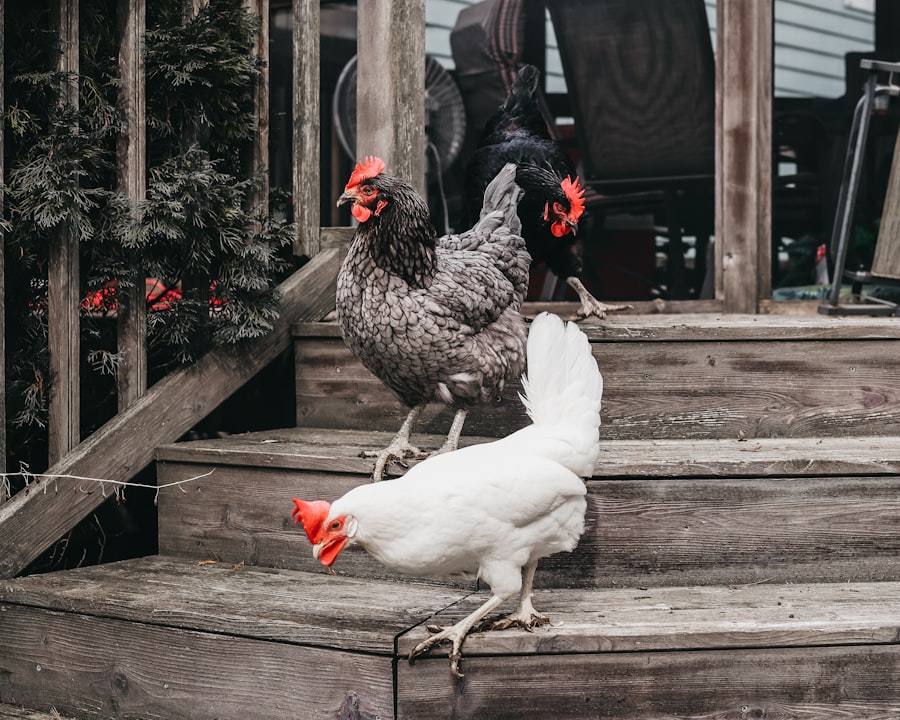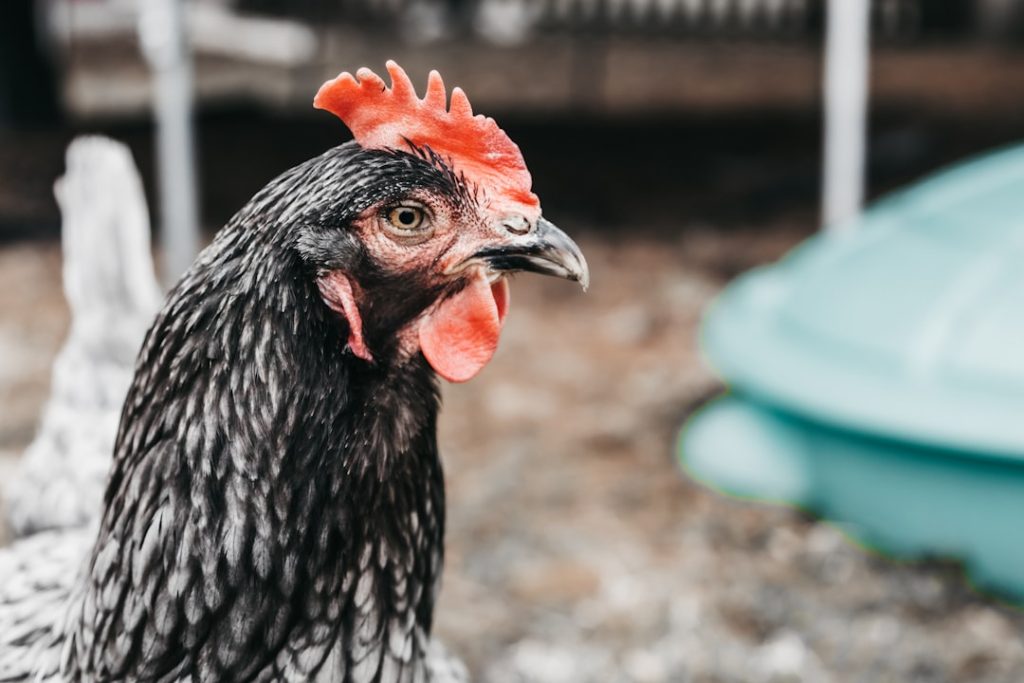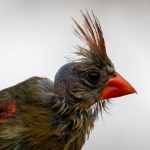Chicken keeping in Jersey, UK has experienced a surge in popularity in recent years, driven by a growing interest in sustainable living and environmental consciousness. The island’s temperate climate and rich soil provide favorable conditions for raising chickens, attracting many residents to this practice. The primary motivations for keeping chickens include the production of fresh eggs and meat, as well as the educational and personal benefits associated with animal husbandry.
Jersey residents who engage in chicken keeping often cite several advantages, including:
1. Access to fresh, organic eggs and meat
2. Increased self-sufficiency in food production
3.
Educational opportunities for children and adults
4. A deeper connection with nature and agricultural processes
5. Contribution to sustainable living practices
The practice of raising chickens extends beyond mere food production, offering individuals and families a chance to learn about animal care, sustainable agriculture, and local food systems.
This hands-on experience can foster a greater appreciation for the origins of food and the importance of responsible farming practices. As interest in chicken keeping continues to grow in Jersey, resources and support networks have emerged to assist both novice and experienced chicken keepers. Local authorities have also implemented guidelines to ensure that chicken keeping is conducted in a manner that is considerate of neighbors and compliant with animal welfare standards.
Overall, the trend of keeping chickens in Jersey reflects a broader shift towards more sustainable and locally-focused lifestyles, providing residents with tangible benefits while contributing to the island’s agricultural diversity and environmental consciousness.
Table of Contents
Key Takeaways
- Keeping chickens in Jersey, UK can be a rewarding and sustainable practice for individuals and families.
- Regulations and permits are required for keeping chickens in Jersey, UK to ensure the welfare of the animals and the surrounding environment.
- Keeping chickens can have a positive environmental impact, such as reducing food waste and providing natural fertilizer for gardens.
- Best practices for maintaining a healthy environment for chickens include providing adequate space, proper nutrition, and regular health checks.
- Benefits of keeping chickens for the environment include reducing carbon footprint, promoting sustainable food production, and supporting local biodiversity.
- Potential challenges of keeping chickens in Jersey, UK include noise and odor complaints, which can be addressed through proper coop maintenance and communication with neighbors.
- The Environment Department in Jersey, UK provides resources and support for individuals interested in keeping chickens, including guidance on regulations, best practices, and environmental impact.
Regulations and Permits for Keeping Chickens
Ensuring Health and Safety
In Jersey, there are regulations and permits in place for keeping chickens to ensure the health and safety of both the animals and the surrounding environment. The Environment Department oversees the regulations and permits for keeping chickens, which include guidelines for the number of chickens allowed per property, coop requirements, and waste management.
Importance of Familiarization
It is important for individuals interested in keeping chickens to familiarize themselves with these regulations and obtain the necessary permits before starting their own flock.
Protecting Animal Welfare and the Environment
The regulations and permits for keeping chickens in Jersey are in place to protect the welfare of the animals and prevent any negative impact on the environment. By adhering to these guidelines, chicken keepers can ensure that their practices are sustainable and in compliance with local laws.
Environmental Impact of Keeping Chickens

Keeping chickens can have both positive and negative environmental impacts, depending on how they are managed. On the positive side, chickens can help reduce food waste by consuming kitchen scraps and producing valuable fertilizer for gardens. They also provide a source of fresh, organic eggs and meat, reducing the need for commercially produced animal products that often come with a high environmental cost.
However, if not managed properly, chicken waste can contribute to water pollution and greenhouse gas emissions. It is important for chicken keepers to be mindful of their environmental impact and take steps to minimize any negative effects. By implementing best practices for waste management and coop maintenance, chicken keepers can ensure that their hobby remains sustainable and environmentally friendly.
Best Practices for Maintaining a Healthy Environment
Maintaining a healthy environment for chickens involves several key practices, including proper waste management, coop maintenance, and providing access to fresh air and sunlight. Chicken waste should be managed carefully to prevent contamination of water sources and minimize odors. Coops should be cleaned regularly to prevent the buildup of bacteria and pests, and chickens should have access to outdoor areas where they can forage and soak up natural sunlight.
In addition to waste management and coop maintenance, providing a balanced diet and access to clean water is essential for maintaining the health of chickens. By following these best practices, chicken keepers can create a healthy and sustainable environment for their flock.
Benefits of Keeping Chickens for the Environment
Keeping chickens can have numerous benefits for the environment, including reducing food waste, providing natural pest control, and producing valuable fertilizer for gardens. Chickens are excellent at consuming kitchen scraps that would otherwise end up in landfills, reducing methane emissions and minimizing the environmental impact of food waste. Additionally, chickens can help control insect populations in gardens and provide valuable nutrients through their droppings, which can be used to enrich soil and promote plant growth.
By keeping chickens, individuals can contribute to a more sustainable food system and reduce their environmental footprint. The benefits of keeping chickens for the environment are numerous, making it a rewarding and impactful hobby for residents in Jersey.
Potential Challenges and Solutions

While keeping chickens can be a rewarding experience, there are potential challenges that chicken keepers may face, such as predator attacks, disease outbreaks, and odor management. To address these challenges, chicken keepers can implement various solutions, such as installing secure fencing to protect against predators, practicing good biosecurity measures to prevent disease spread, and using natural odor control methods like composting chicken waste. It is important for chicken keepers to be proactive in addressing potential challenges and seek support from local resources and organizations when needed.
By being prepared and informed, chicken keepers can overcome challenges and maintain a healthy environment for their flock.
Resources and Support from the Environment Department
The Environment Department in Jersey provides valuable resources and support for individuals interested in keeping chickens. From educational materials on best practices for chicken keeping to guidance on obtaining permits and complying with regulations, the Environment Department offers a wealth of information to help residents start and maintain their own flock. Additionally, the department may offer workshops or training sessions on sustainable chicken keeping practices to further support the community.
By taking advantage of the resources and support provided by the Environment Department, individuals can ensure that their chicken keeping practices are sustainable, environmentally friendly, and in compliance with local regulations. The department’s guidance can help residents in Jersey make informed decisions about keeping chickens and contribute to a more sustainable way of living on the island.
If you’re interested in keeping chickens in your backyard, you may also want to consider adding geese to your flock. According to a recent article on Poultry Wizard, geese can actually eat chicken feed, making them a great addition to your poultry setup. Check out the full article here to learn more about the benefits of keeping geese alongside your chickens.
FAQs
What is the Environment Department in Jersey, UK?
The Environment Department in Jersey, UK is responsible for the protection and enhancement of the natural environment, including the regulation of activities that may impact the environment.
What are the regulations for keeping chickens in Jersey, UK?
In Jersey, UK, individuals are allowed to keep chickens in their gardens, but there are regulations in place to ensure the welfare of the animals and to minimize any negative impact on the environment. These regulations may include restrictions on the number of chickens that can be kept, the construction of suitable housing, and the proper disposal of waste.
What are the benefits of keeping chickens in Jersey, UK?
Keeping chickens in Jersey, UK can provide a sustainable source of fresh eggs, natural pest control in the garden, and the opportunity to engage in a rewarding and educational hobby. Additionally, chickens can contribute to a more sustainable lifestyle by reducing food waste through composting and providing natural fertilizer for gardens.
What are the potential challenges of keeping chickens in Jersey, UK?
Some potential challenges of keeping chickens in Jersey, UK include the need for proper housing and maintenance, potential conflicts with neighbors, and the responsibility of caring for the animals, including providing food, water, and veterinary care when necessary. Additionally, there may be regulations and restrictions in place to address noise, waste management, and animal welfare concerns.
Meet Walter, the feathered-friend fanatic of Florida! Nestled in the sunshine state, Walter struts through life with his feathered companions, clucking his way to happiness. With a coop that’s fancier than a five-star hotel, he’s the Don Juan of the chicken world. When he’s not teaching his hens to do the cha-cha, you’ll find him in a heated debate with his prized rooster, Sir Clucks-a-Lot. Walter’s poultry passion is no yolk; he’s the sunny-side-up guy you never knew you needed in your flock of friends!







